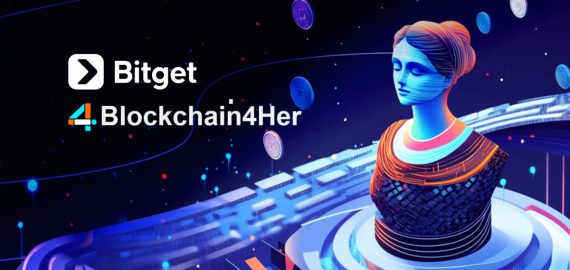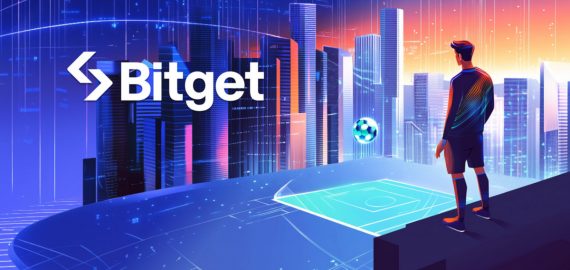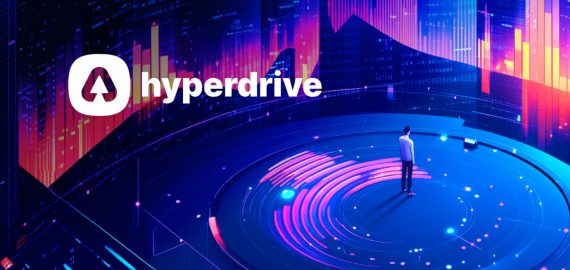Crypto Analyst Miles Deutscher: Project’s Token Issuance Is Optional But Key For Easy Financing


In Brief
Crypto investor and DeFi analyst Miles Deutscher shared his insights on whether cryptocurrency projects necessitate the use of tokens or not.

Cryptocurrency investor and decentralized finance (DeFi) analyst Miles Deutscher shared his insights on whether cryptocurrency projects necessitate the use of tokens or not.
In a post on social media platform X, he emphasized that 99% of projects may not require a token. He noted examples like Base, Arbitrum, LayerZero, and Wormhole, which had fully functional products before introducing their tokens.
However, he acknowledged a nuanced perspective, highlighting the compelling arguments in favour of having a token, such as decentralization, governance, bootstrapping, liquidity, and community building. These factors are undoubtedly crucial. Yet, the analyst pointed out that often, the primary motivation lies in the ease of capital raising or profit extraction compared to traditional revenue models.
Therefore, many cryptocurrency projects would likely struggle to raise funds and establish themselves initially if not for this dynamic, as these businesses might not be profitable enough solely on revenue. While these projects can operate without a token, the industry relies on new tokens as a catalyst for innovation, Miles Deutscher concluded.
Clear disadvantages include arbitrage between private and public markets, token dilution, and liquidity fragmentation. However, the notable benefit is increased innovation, as teams can secure capital for development, and developers are motivated to create new products and decentralized applications (dApps).
Role Of Tokens In Layer 1 Blockchains And Digital Resource Networks
Presently, only a few use cases and product categories indeed require a token to function. These encompass Layer 1 blockchains and digital resource networks, which cannot offer its key functionality without a token.
For Layer 1 blockchains, a native monetary asset is essential to secure the network. This asset incentivizes validators or miners and aligns incentives across various consensus algorithms. Additionally, tokens are utilized to pay transaction fees, as seen with Bitcoin and Ethereum.
Meanwhile, digital resource networks offer decentralized resources and require tokens to balance supply and demand for services like storage, compute, as well as data connectivity, which can be exemplified by Filecoin for storage and Uplink, a mesh network for decentralized connectivity.
Disclaimer
In line with the Trust Project guidelines, please note that the information provided on this page is not intended to be and should not be interpreted as legal, tax, investment, financial, or any other form of advice. It is important to only invest what you can afford to lose and to seek independent financial advice if you have any doubts. For further information, we suggest referring to the terms and conditions as well as the help and support pages provided by the issuer or advertiser. MetaversePost is committed to accurate, unbiased reporting, but market conditions are subject to change without notice.
About The Author
Alisa, a dedicated journalist at the MPost, specializes in cryptocurrency, zero-knowledge proofs, investments, and the expansive realm of Web3. With a keen eye for emerging trends and technologies, she delivers comprehensive coverage to inform and engage readers in the ever-evolving landscape of digital finance.
More articles

Alisa, a dedicated journalist at the MPost, specializes in cryptocurrency, zero-knowledge proofs, investments, and the expansive realm of Web3. With a keen eye for emerging trends and technologies, she delivers comprehensive coverage to inform and engage readers in the ever-evolving landscape of digital finance.



















































